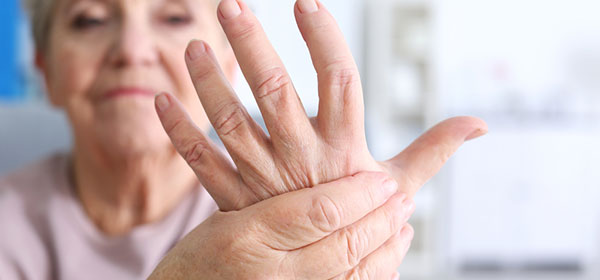Misconceptions about chronic pain can cause real harm. Dispelling these damaging myths can raise awareness and encourage more people who suffer from ongoing pain to seek treatment. Here, we dispel five common myths about chronic pain.
Myth 1: Rest is good for back pain
While short periods of rest may help with back pain back, it is best to stay active. Experts say that complete bed rest is one of the worst things you can do for a bad back –causing even more pain when you eventually move. So continue daily activities and exercise as per your doctor or physiotherapist’s instructions, and understand that you may need to limit exercise during acute periods of pain.
Myth 2: Pain is just part of ageing
As with grey hair and wrinkles, a few niggling aches and pains are a part of ageing. But chronic pain – which can cause suffering and hinder your quality of life –doesn’t have to be. If you suffer from chronic pain, a pain specialist can help you find relief – no matter how old you are.
Myth 3: If pain can’t be found, it’s not real
Unfortunately, the exact cause of chronic pain cannot always be found, but it doesn’t mean that it’s ‘all in your head’. Pain is a complex personal experience that deserves treatment. Doctors who specialise in treating pain are in the best position to recognise and treat pain – even if the exact cause of the pain is not known.
Myth 4: Only those who are weak seek treatment or complain
Older adults are more likely to ‘grin and bear it’ than their children and grandchildren. Soldiering on when you have the occasional headache or minor injury is one thing, but enduring chronic pain can decrease quality of life and lead to depression, loss of sleep, fatigue, inability to work and compromised relationships. So if you are suffering from ongoing pain, you owe it to yourself to make an appointment with your doctor. Relief may be just around the corner.
Myth 5: I just have to live with the pain
Nowadays, there are countless safe options for pain relief – such as relaxation techniques, exercise, physical therapy, over-the-counter and prescription medicines, surgery and complementary treatments (e.g. acupuncture and massage). It may not always be possible to completely control your pain, but with the advice from your doctor, you can learn which treatment will help you manage it better.
Do you suffer from chronic pain? Have you sought out treatment? What do you do to manage it?

